Mathematical genius is fragile. We need to stop destroying it.
 freeCodeCamp
freeCodeCamp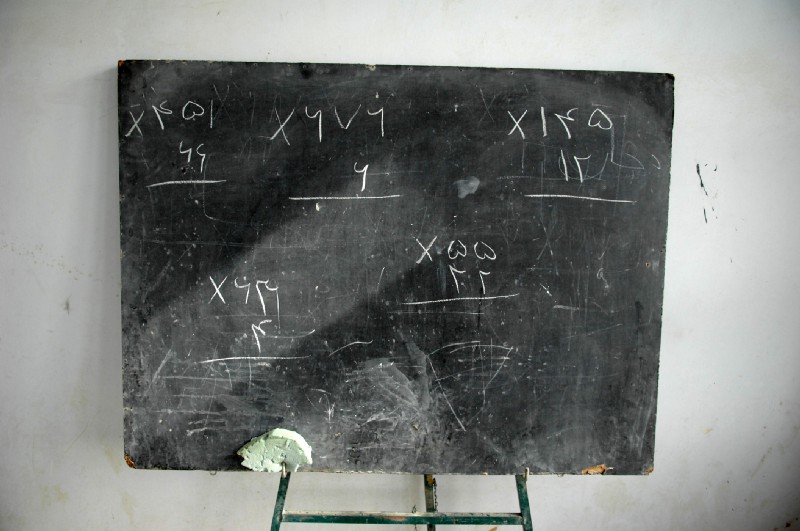
By Junaid Mubeen
The legends of mathematics that almost never were
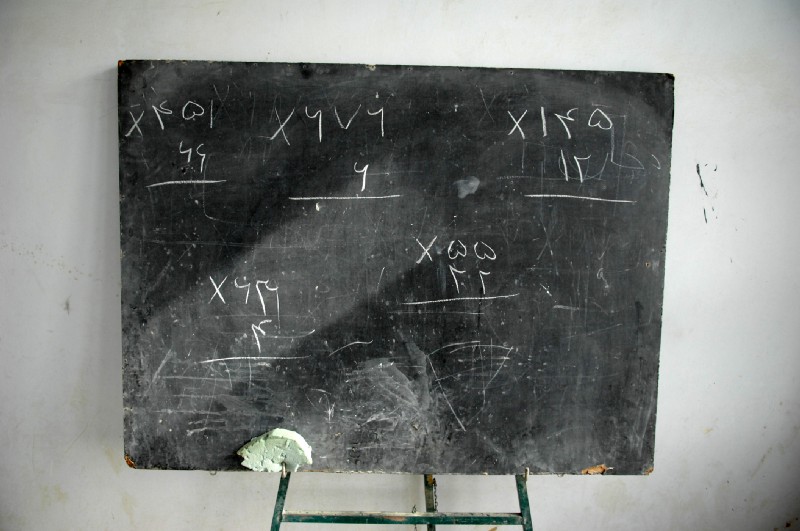
Mathematical genius is misunderstood. The term “genius” evokes feelings of envy. It paints a picture of a pre-determined minority of people who have truly mastered a discipline. A chosen few.
Yet there is nothing pre-determined about it. Mathematical genius resides within every one of us. Most people just don’t know it yet. That’s because genius is fragile. If you don’t embrace genius and tend to it with care, it will slip away, leaving behind just a subdued vision of the mathematicians we could have become.
If you take even a cursory look through the annals of mathematics, you’ll see the fragile and often fickle nature of genius. Many of the legends of the field — whose talents and achievements are beyond dispute — could so easily have been forgotten by history. Their stories should act as a warning sign to educators today.
From last in class to mathematical folklore
Jacques Hadamard was a French mathematician with a knack for number theory. In proving the Prime Number Theorem (loosely, showing that primes become less common through the number line), Hadamard established his place in mathematical folklore.
How surprising then that, prior to fifth grade, he was placed last in his class for arithmetic. Hardly the mark of a child prodigy. You wonder by what alchemy he was reduced to the sobering status as ‘last in class’ — most likely a test, of the same narrow kind that pervades school mathematics today.
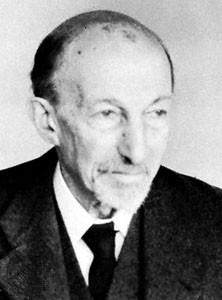
Tests can serve a profoundly useful purpose in providing feedback and diagnosing students’ learning needs. But as blunt labels for students’ abilities, they can be devastating. Hadamard prevailed, but how many other primary-aged students give up for life in the face of these cruel, snapshot judgements?
Ditching the garden for Linear Algebra
The stated hopes and beliefs of our parents can hold the key to unlocking our genius — or stifling it. Hermann Grassmann, one of the founding fathers of Linear Algebra, did not excel in his formative school years. Grassman’s own father — also one of the school teachers — advised his son to give up mathematics altogether. In his father’s eyes, Grassmann’s calling lay as a gardener. With all respect paid to my botanically-inclined friends, Grassmann did well to honor his intellect.
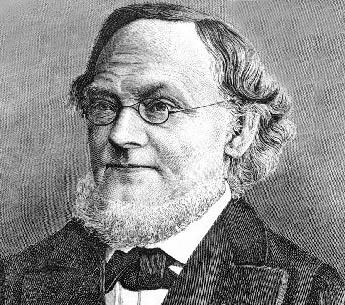
Women make the best mathematicians
Sophie Germain faced resistance of another kind. This precocious teen discovered mathematics in the stack of books that filled her father’s home library. Germain’s commitment was nothing short of incredible. She even taught herself Latin and Greek to access the full range of texts.
Germain faced just one problem — this was eighteenth century Europe, where it was uncouth for women to participate in mathematics.
Germain’s parents went as far as banning her from studying. They even removed her light and clothes to dissuade her from reading books.
She persevered, reading the likes of Newton and Euler into the late hours of the night, wrapped under a quilt, with stolen candles her only flicker of light. After finding her slumped over her books one morning following an all-nighter, Germain’s parents finally relented. Good job too — her contributions to number theory proved pivotal.
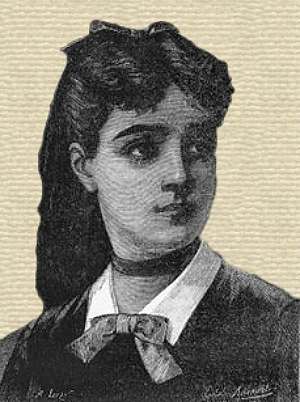
Germain worked under the pseudonym M. LeBlanc to disguise her identity. Her talents put her in correspondence with the Prince of Mathematicians, Carl Friedrich Gauss, who later expressed admiration and astonishment when discovering Germain’s true gender.
The most sobering aspect of Sophie Germain’s story is that it could just as easily play out today. The gender gap in mathematics remains unresolved, with girls falling behind their male peers in early schooling; a trend which carries through to the underrepresentation of women in STEM degrees and careers.
The gender gap is cultural, not biological. When teachers have lower expectations of girls, it is hardly surprising that boys show more favorable attitudes towards mathematics.
If Sophie Germain were alive today, would she be any more welcome in mathematical circles than in eighteenth century Europe?
Maryam Mirzakhani gives us reason to be hopeful. In 2014 the Stanford professor became the first female recipient of the Fields Medal; the highest accolade in all of mathematics (our equivalent of the Nobel Prize or, if you prefer, the Oscars).
You do not need to understand Mirzakhani’s work (and unless you are an expert on Riemann surfaces, be grateful for that) to appreciate its significance.
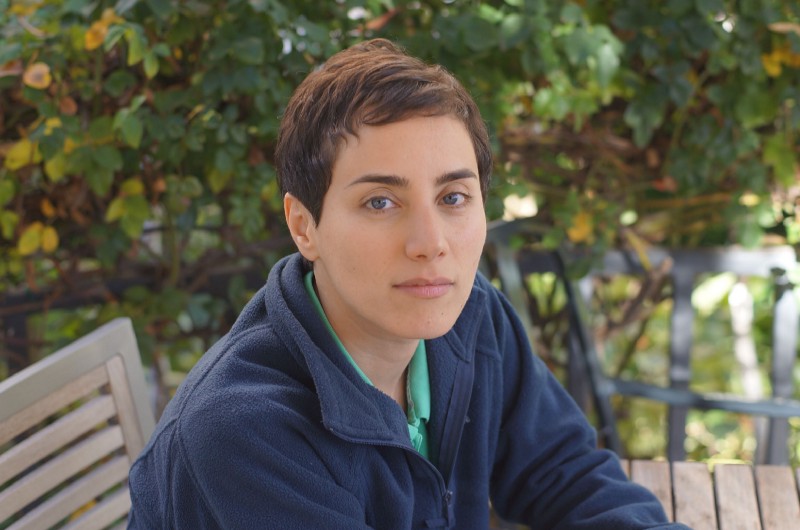
Mirzakhani has torn down gender stereotypes. As an Iranian, she may yet have other threats to face from the Trump administration. It appears that, even in 2017, the country into which we are born profoundly shapes our life chances.
Not all geniuses are born into equal opportunity.
Plucked from obscurity
Srinivasa Ramanujan epitomized the term “genius.” For mathematicians, his is a true rags-to-riches story. Born and raised in rural India in the late nineteenth century, Ramanujan had scarce few opportunities to develop his raw mathematical skills. He worked with the crusty relics available to him. On one occasion, he encountered a primitive, out-dated textbook and from this simple manuscript derived deep mathematical theorems — many of them unknown to the best mathematicians of his time.
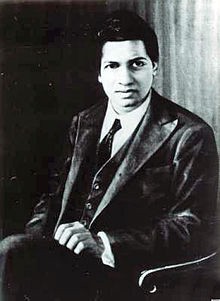
Ramanujan sent his manuscripts over to England, where they were rejected by everyone but GH Hardy, the famous maths professor at Trinity College, Cambridge. Even Hardy was ready to dismiss Ramanujan’s work, until he realized the remarkable depths of what he was reading. Hardy invited Ramanujan over to Cambridge. The two men formed the most unlikely of alliances. Despite his life being cut short by illness, Ramanujan’s legacy as a mathematical great is secure.
It took a chance encounter with a textbook and a leap of faith from a Cambridge professor for Ramanujan’s talents to be realized. How many more Ramanujan’s are languishing in obscurity?
There are seventy million unschooled children in the world. That’s seventy millions beacons extinguished without a hope. Not that modern schooling is a safe haven to opportunity. Socioeconomic achievement remains closely related to educational outcomes. Access to education counts for little when it is not backed up by quality.
Genius at our fingertips
The world needs mathematicians more than ever before. Yet historical barriers — from parental expectations and gender stereotypes to xenophobia and poverty — persist to this day. A handful of mathematicians may prevail through dogged persistence, sheer luck or divine intervention. But for their triumphs, millions more may perish. Genius can never be taken for granted.
The values of society exert untold influence on children’s mathematical achievement. It is our beliefs and choices that make mathematical genius so fragile.
We have a global talent pool of mathematical geniuses at our fingertips. We can not afford to let them slip through.
I am a research mathematician turned educator working at the nexus of mathematics, education and innovation.
Come say hello on Twitter or LinkedIn.
If you liked this article you might want to check out my following pieces:
These four visuals dispel the myths we’ve been fed about maths education
_The case of Nancy and Liam_mystudentvoices.comEdTech’s culture problem
_Education is innately cultural. The way we learn is shaped by our environment, our experiences and our belief systems._medium.comMathematics without history is soulless
_π through the ages_hackernoon.com
Subscribe to my newsletter
Read articles from freeCodeCamp directly inside your inbox. Subscribe to the newsletter, and don't miss out.
Written by

freeCodeCamp
freeCodeCamp
Learn to code. Build projects. Earn certifications—All for free.